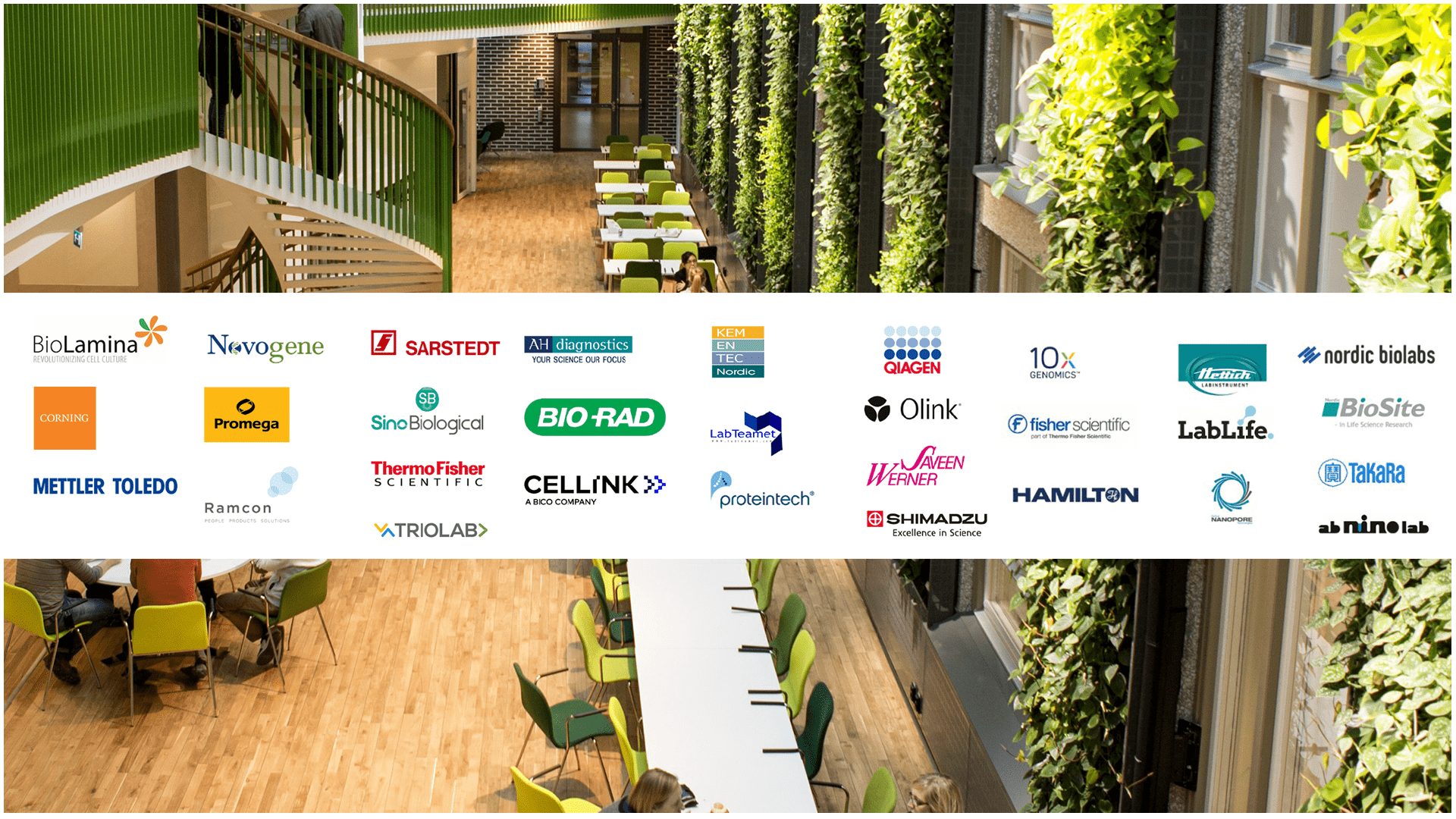Evolution in Sweden 2025
January 13 @ 13:00 – January 15 @ 14:00 CET
Evolution in Sweden is a biannual meeting, which broadly gathers evolutionary biologists working in Sweden.
The meeting is aimed to be a broad meeting on every aspect of evolutionary biology and all forms of life on earth. However, please note that the meeting is primarily (though not exclusively) for scientists active in Swedish academic departments. We also actively encourage younger researchers active in Sweden to present their research in this forum.
The Evolution in Sweden conference is organized together with the DDLS Evolution and Biodiversity research area, within the Data-driven Life Science (DDLS) program, part of a 12-year SEK 3.1 billion initiative from the Knut and Alice Wallenberg Foundation. We encourage researchers working with analysis of large data sets in the fields of evolution and biodiversity to attend.
Venue: Room C4, C building, Campus Valla, Linköping University, Hans Meijers väg 12, Linköping.
Starts on January 13 at 13:00 and ends on January 15 at 14:00
Submit your abstract
Conference contribution: You are welcome to submit your abstract either for a poster or an oral presentation (12 minutes + 3 minutes of questions). The deadline is noon on October 28.
Lunches: The lunches will be self-catered and at one’s own expense. Please state your intention to eat lunch in the registration form so we can inform the Campus Restaurant about the number of lunch guests.
The pub and dinner are at one’s own expense.
Confirmed speakers
Institute of Ecology and Evolution, School of Biology, The University of Edinburgh, UK
Abstract: The rate of meiotic recombination often shows large differences between the sexes. It can be strongly female-biased (humans), strongly male-biased (macaques/sheep) or somewhere in between. Understanding why this happens is key to understanding the evolution of recombination rates, yet the causes and consequences of this phenomenon remain unknown. This talk will focus on our most recent work in house sparrows (Passer domesticus), with broader context from work in mammals and fish. We use genomic data in large pedigrees to characterise individual recombination rates and landscapes to: (a) investigate the heritability and genomic basis of variation in recombination rates; (b) identify genomic correlates with fine-scale sex-differences in recombination landscapes; and (c) use genomic prediction approaches to understand the relationship between recombination and fitness within each sex. Our work provides a foundation for broader understanding of the vast diversity of recombination rates in eukaryotic genomes.
If you have questions, feel free to contact the organizer, Dominic Wright, Professor in Genetics, IFM Biology, Linköping University. Regarding DDLS-related issues, you can ask Matthews Webster or events@scilifelab.se.
dominic.wright@liu.se


